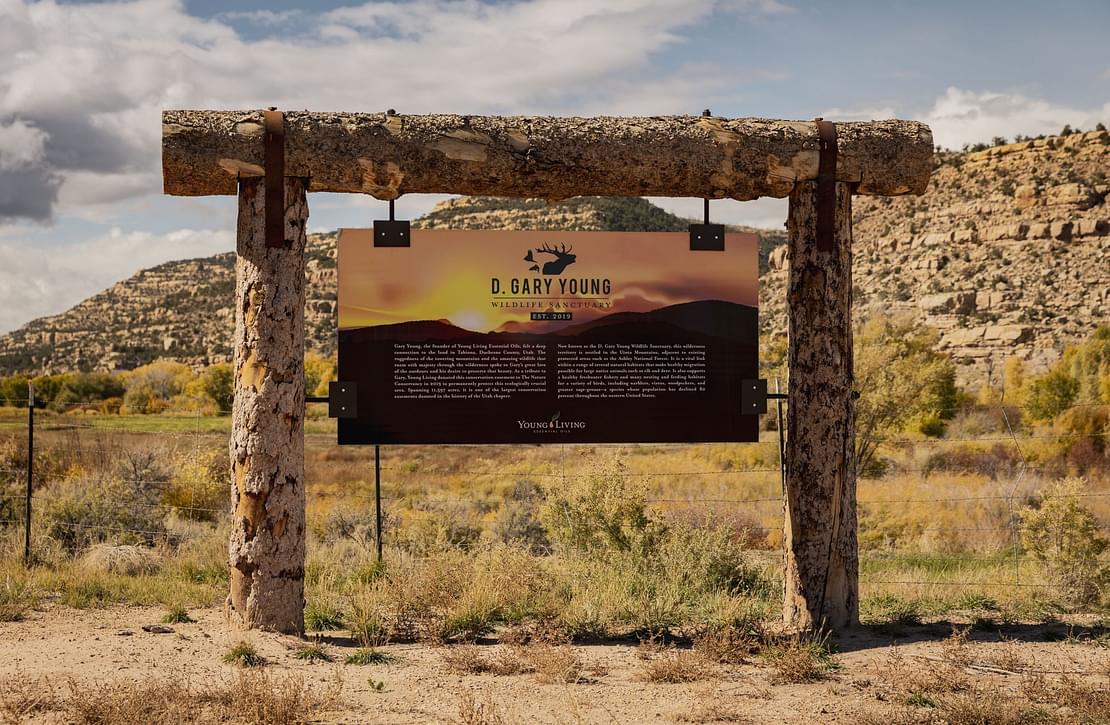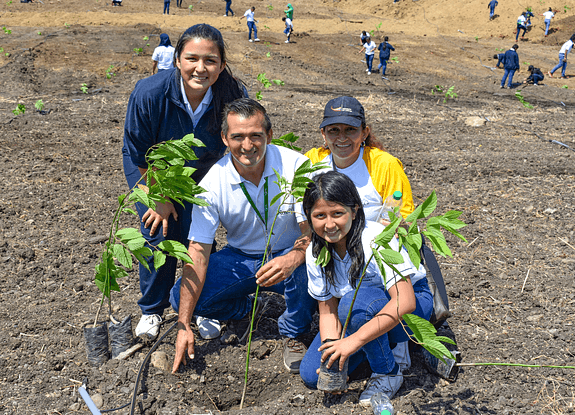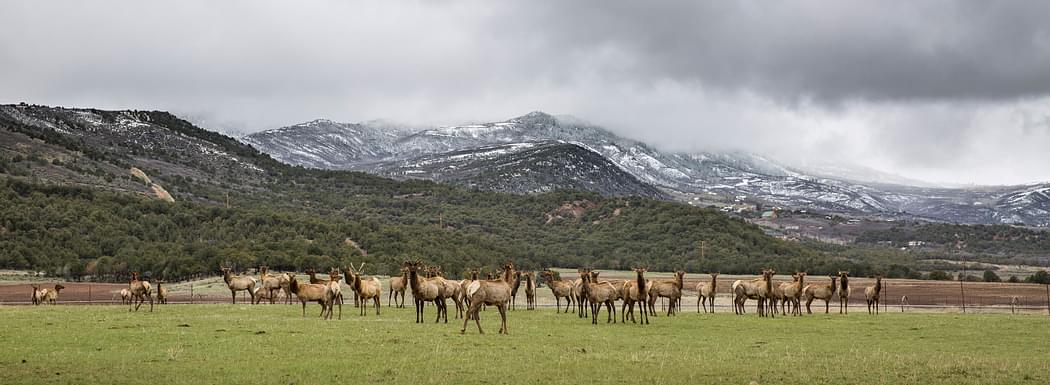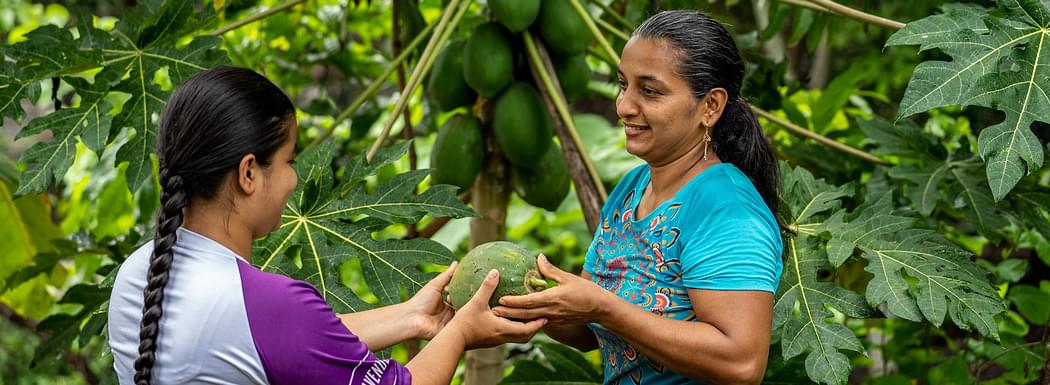Help bring about meaningful and lasting change in the natural environment.
Donate NowAre you sure you want to log out?
Log Out
Protect the Earth A Restoring ecosystems Enhancing biodiversity Conserving natural
resources Protecting wild habitats



Creating scalable & sustainable initiatives to benefit all of us.
From conservation projects to habitat preservation, your donations fund efforts to protect the environment and the people who live there.
But more than planting trees and protecting land, our programs also focus on improving the ecological integrity of an area in order to enhance human well-being.
Life is nature

Conserve & Protect
Nature is life

Native Flora

MONA, UTAH, USA
Utah Seed Bank
We’re using the Young Living Mona Farm to help sustain Utah’s unique and diverse flora. In collaboration with the state of Utah, we are propagating, planting, and growing native plants for the purpose of collecting more seeds to preserve rare plant species. Our local community engagement is fully aligned with our purpose. Utah is our backyard and we’re committed to preserving its beauty, including its native plant communities.

Chongon, Ecuador
Orchid Greenhouse
Ecuador is home to over 4,000 species of orchids, but unfortunately, 85% of the species that are endemic to Ecuador are classified as threatened. At Young Living's Finca Botanica Farm in Ecuador, we have an orchidarium where we grow native and endemic orchids both from seeds and cuttings, and plan to increase our in-vitro seed propagation to increase survival rates. The final goal is to reintroduce these species into protected forests.

Ecuador
Palo Santo & Native Flora
Despite its relatively small size, Ecuador hosts approximately 10% of all Earth’s plant species and more than half are endemic, meaning they are found in only one location on the planet. We recognize that native plants are healthier and stronger. We are replanting Ecuadorian native flora back onto public and private lands. We’ve already planted 2,000 Palo Santo trees on our farm, which we will then transport to forests in Ecuador in 2023.



Native Pollinators

Young Living's North America Farms
Monarch Waystation
There’s been a rapid decrease in the monarch population over the last 40 years. One of the reasons includes habitat and milkweed loss. Milkweed is needed for the monarchs to lay their eggs, and it is the caterpillars' only food source. We’ve created waystations along the monarchs' migration route at each of Young Living's North America farms, providing milkweed plants and resting places to help safeguard their migration and the future of the species.

MONA, UTAH, USA
Bee Homes
Did you know you can thank pollinators for helping to produce one-third of the food you eat? Native pollinator habitats are increasingly disappearing every day. On Earth Day 2022, at the Young Living Lavender Farm in Mona, Utah, we began building a native pollinator paradise. this includes removing invasive plants in the wetlands and riparian lands, replanting with native seeds, and building solitary bee homes to help foster a healthy ecosystem.


Wildlife Sanctuaries

Tabiona, Utah, USA
The D. Gary Young Wildlife Sanctuary
The Skyrider Wilderness Ranch was a special place for Young Living Founder Gary Young. It's now home to The D. Gary Young Wildlife Sanctuary, with nearly 17,000 acres of forests, stunning peaks, and the Duchesne River. The sanctuary offers protection to all the natural inhabitants, including deer, elk, and bison. The area is nicknamed the "Utah Serengeti," due to the large herds of elk and deer migrating between their summer and winter ranges.

Tabiona, Utah, USA
Big Horn Sheep Nursery
The Skyrider Ranch was originally built for hunting, but after Young Living Foundation Gary Young purchased it, his thoughts shifted to conservation, and it is now in a first of-its-kind partnership with the states of Utah and Nevada. The ranch has converted the high-fence elk space to be a habitat for a nursery herd of desert bighorn sheep that will be relocated from Nevada.



Desert bighorn sheep nursery at Skyrider Wilderness Ranch
We've partnered with the Utah Division of Wildlife Resources, Nevada Department of Wildlife, and the Utah Chapter of the Wild Sheep Foundation to create Utah’s first-ever state and private partnership nursery herd of desert bighorn sheep in an effort to grow the population of this vulnerable species at the Skyrider Wilderness Ranch.


